Engineering, by its very definition, has long been synonymous with precision, logic, and an unwavering commitment to solving complex technical problems. The word often invokes images of people hunched over computers, drafting calculations, or creating the next innovative design well into the late hours of the night.
These are the tangible, quantifiable, and maybe even harder aspects of the engineering profession. Yet, woven quietly beneath the surface of every successful engineering project lies a set of skills that are less celebrated but no less critical: communication, empathy, teamwork, adaptability, and ethical responsibility. These are the softer sides of engineering, and their importance cannot be overstated.
The softer side of engineering refers to the interpersonal, psychological, and ethical dimensions of the profession. While technical prowess forms the foundation, it is these softer skills that shape the environment in which engineers operate. To trivialize or ignore these attributes is to risk the very outcomes that engineering seeks to achieve.
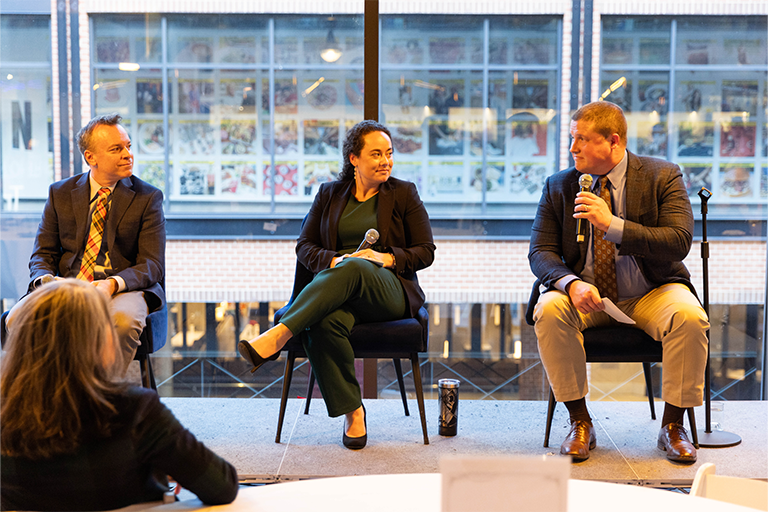
Bridging Ideas + Impact
Consider, for instance, the role of communication. The most brilliant idea remains inert if not effectively articulated. Engineers must frequently translate complex technical information into accessible language for colleagues, stakeholders, and end-users. A good engineer is not only a problem-solver but also a storyteller; someone who can convey the “why” and “how” behind a solution, galvanizing support, encouraging collaboration, and ensuring that vital information does not become lost in translation.
Meetings, presentations, technical documentation, and informal conversations are all venues where communication skills shine. The ability to listen actively, provide constructive feedback, and adapt one’s message to the audience can make the difference between a project that flounders and one that achieves transformative impact.
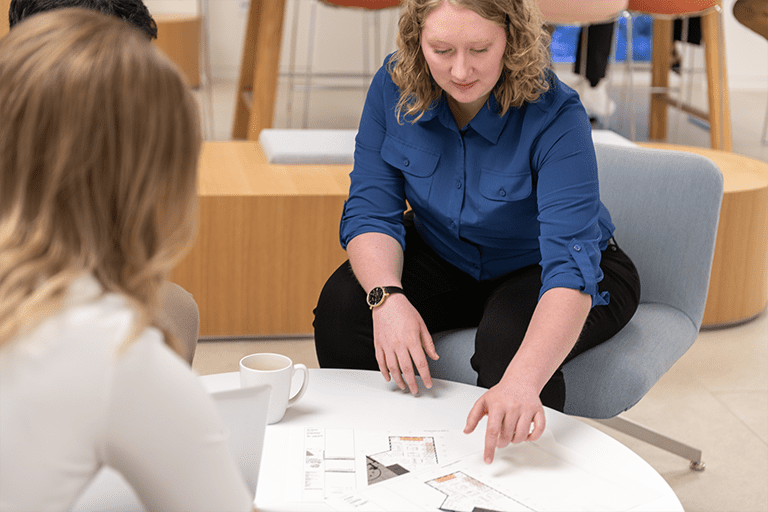
The Power of Collective Intelligence
The myth of the lone genius persists in popular culture, but in reality, engineering is fundamentally a team endeavor. Projects often require the integration of multiple disciplines, perspectives, and specialties. Collaboration ensures that solutions are robust, resilient, and innovative. Teamwork also cultivates a sense of shared ownership, motivating individuals to strive not merely for personal success but for the collective good.
The softer side of teamwork involves building trust, resolving conflicts, and balancing diverse viewpoints. It means being open to critique, willing to change course, and eager to elevate others. Effective engineers recognize the value of diversity in background, experience, and thought. They foster environments where all voices are heard, and where creativity flourishes because of, not in spite of, differences.

Empathy + User-Centric Design
Empathy is an undervalued but essential trait for engineers. At its core, engineering exists to serve people; to make lives safer, easier, and more fulfilling. Empathy allows engineers to step into the shoes of the end-user, to anticipate needs, frustrations, and desires. It is the impetus behind user-centric design, an approach that has revolutionized fields from software development to civil infrastructure.
When engineers practice empathy, they are better equipped to foresee unintended consequences, design for accessibility, and ensure that solutions are inclusive. Empathy informs everything from the ergonomics of a smartphone to the usability of a water purification system. By prioritizing the human experience, engineers move beyond mere functionality, delivering innovations that are adopted, celebrated, and sustained.
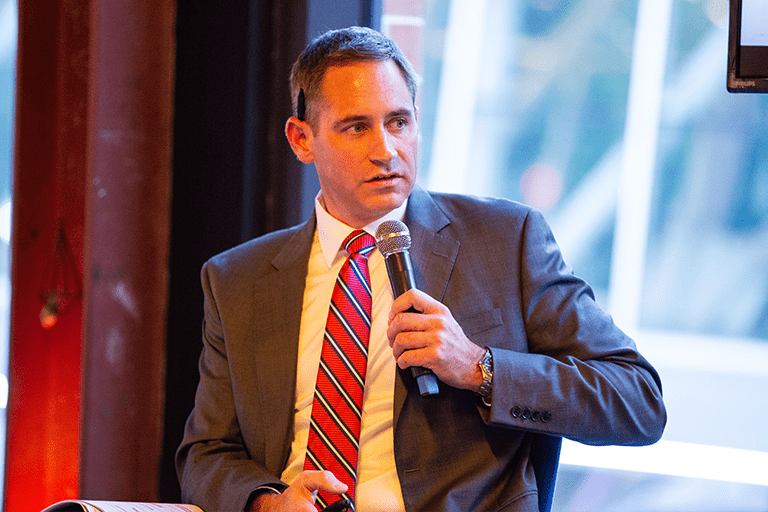
Navigating Change with Grace
The landscape of engineering is in perpetual flux. New technologies, shifting regulations, and evolving market demands require engineers to be nimble and adaptive. The softer side of adaptability is not just about keeping up with change, but embracing it. It involves a willingness to be wrong, to learn, and to grow.
Adaptable engineers respond to setbacks with resilience, reframe challenges as opportunities, and lead others through periods of uncertainty. They recognize that the process, not just the outcome, matters and that flexibility is a strength, not a sign of indecision.
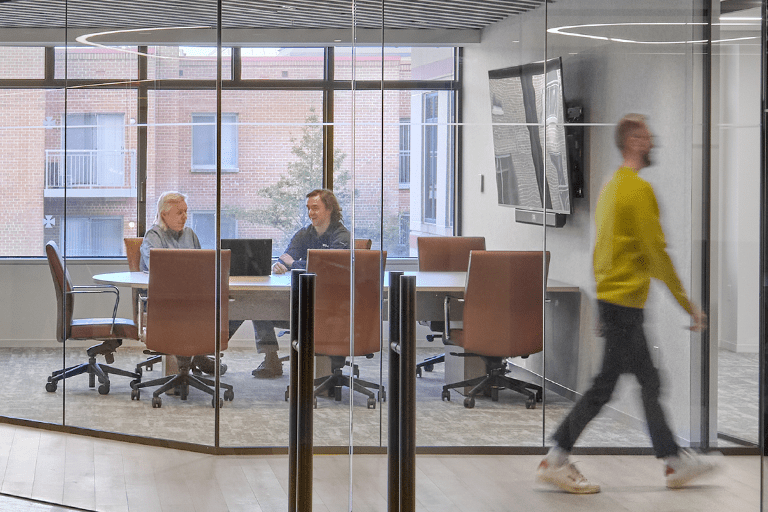
Ethical Responsibility
The softer side of engineering is also where the profession meets its conscience. Decisions about data privacy, environmental impact, and social responsibility are rarely black and white. Engineers must weigh competing interests, anticipate long-term effects, and uphold standards that protect the public good.
Ethical engineering demands courage; the courage to speak up when something seems wrong, to honor transparency, and to advocate for solutions that do not simply maximize profit but contribute to a more just and sustainable world. This moral compass is honed not only by academic training but by self-reflection, mentorship, and a culture that values integrity as much as ingenuity.

The Case for Soft Skills
If the softer side of engineering is so vital, why does it often take a backseat in formal education and professional development?
The answer lies in tradition, but the tide is turning. Increasingly, engineering programs are incorporating courses and experiences that emphasize teamwork, communication, and ethics. Capstone projects, internships, and multidisciplinary collaborations provide students with opportunities to practice these skills in real-world contexts.
In the workplace, forward-thinking organizations are investing in soft skills training, recognizing that technical brilliance alone does not guarantee success. Leadership, project management, and emotional intelligence are seen as differentiators—qualities that enable engineers to ascend not only as experts but as visionaries and changemakers.
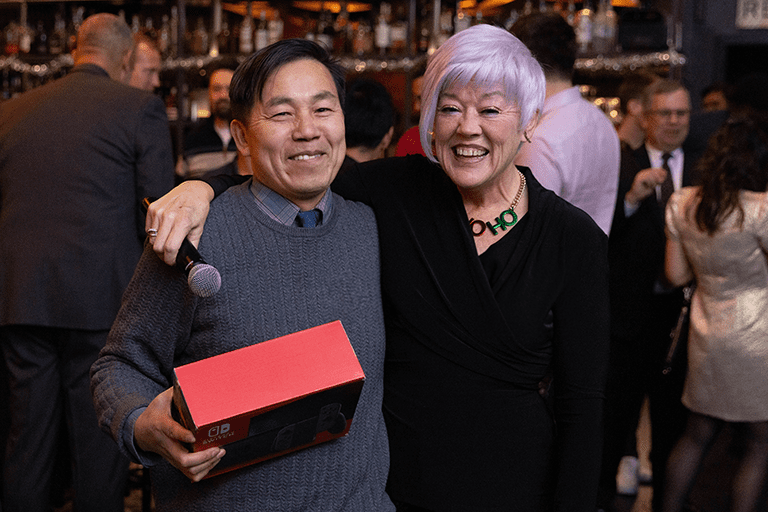
Embrace the Whole Engineer
It is tempting to partition engineering into neat categories: the technical and the interpersonal, the quantifiable and the intangible. But the truth is that these domains are interconnected. The softer side of engineering is not a luxury or an afterthought. It is essential to the profession’s enduring relevance and impact.
As we navigate the challenges of the 21st century like climate change, digital transformation, and global health, the world needs engineers who are not only adept with equations and algorithms but who can listen, collaborate, adapt, and act with integrity. By embracing the full spectrum of human skills, we unlock the true potential of engineering: to build not only better buildings, but a more connected, compassionate, and resilient world.